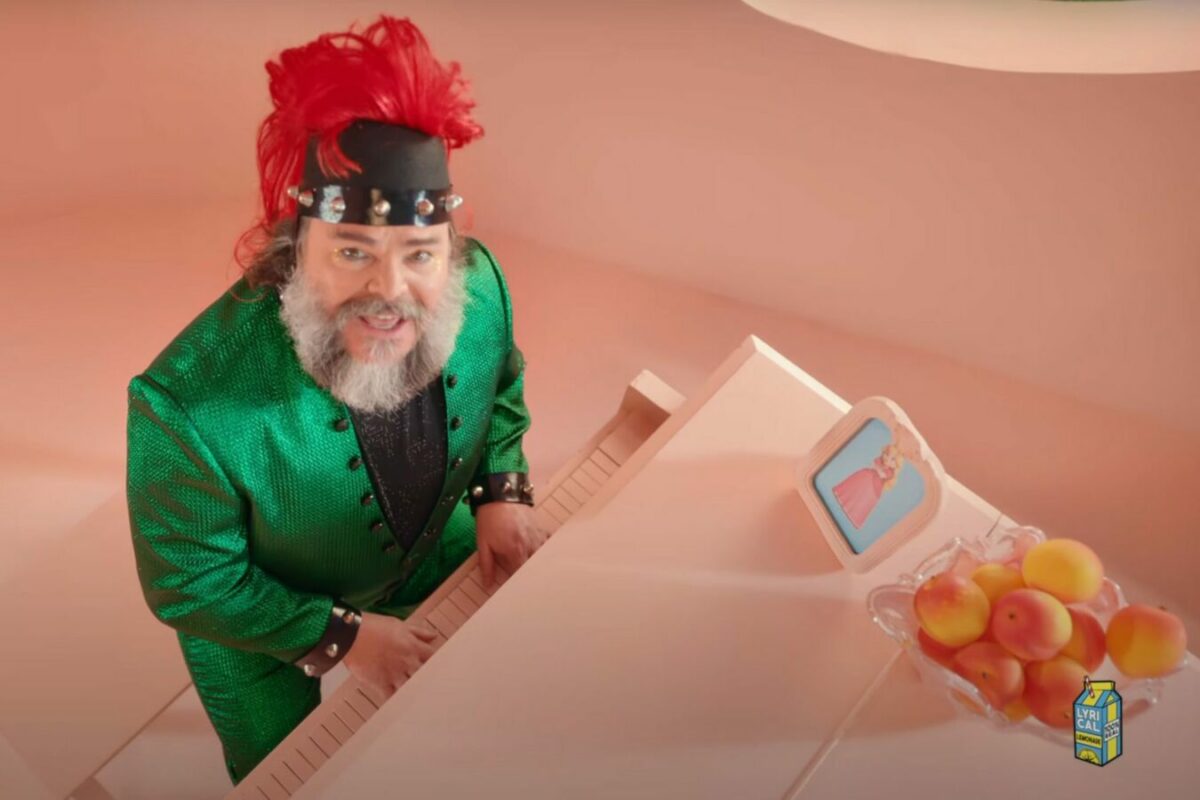The Super Mario Bros. Movie is the furthest thing from a musical, but it does have a song that stands out from the lyrical fleet: “Peaches”. Sang by Jack Black as the evil Bowser, the ultimate power ballad is all about Bowser’s unrequited love for Princess Peach (voiced by Anya Taylor-Joy in the animated feature), with the chorus mostly consisting of, well, the word “peaches”.
Just take a look at this, and you’ll know what we mean:
Peaches, Peaches, Peaches, Peaches, Peaches
Peaches, Peaches, Peaches, Peaches, Peaches
I love you, oh
Peaches, Peaches, Peaches, Peaches, Peaches
Peaches, Peaches, Peaches, Peaches, Peaches
I love you, oh
Simple as the lyrics may be, the song is nothing short of charming — and even the Oscars panel agrees. According to Variety, Universal Pictures has confirmed that “Peaches” is now eligible to submit for best original song consideration at the Oscars. In the movie, Bowser belts out the ballad as he sits at his piano, singing it in various keys when he hits the chorus.
Since its release on 7 April, the music video has received over 5 million views on YouTube (as of 11 April), which is testament to its immense popularity. Not only did Black perform the ballad, he also co-wrote the lyrics alongside film directors Aaron Horvath and Michael Jelenic, as well as Eric Osmond and John Spiker.

While it’s still way too early in the Oscars race, the power of silly songs should never be dismissed. “Everything is Awesome” from The Lego Movie and “Stu’s Song” by Ed Helms from The Hangover, among others, have all been eligible for Oscar consideration in the past. At the very least, it seems Black is having great fun with this gig, decked out in a King Koopa outfit and banging away at black and white keys passionately.
Joining Black and Taylor-Joy in The Super Mario Bros. Movie are Chris Pratt as Mario, Charlie Day as Luigi, Seth Rogen as Donkey Kong, and more. Following its release in theatres on 6 April, it has become the biggest opening weekend for an animated film, bringing in a global haul of US$368 million.













